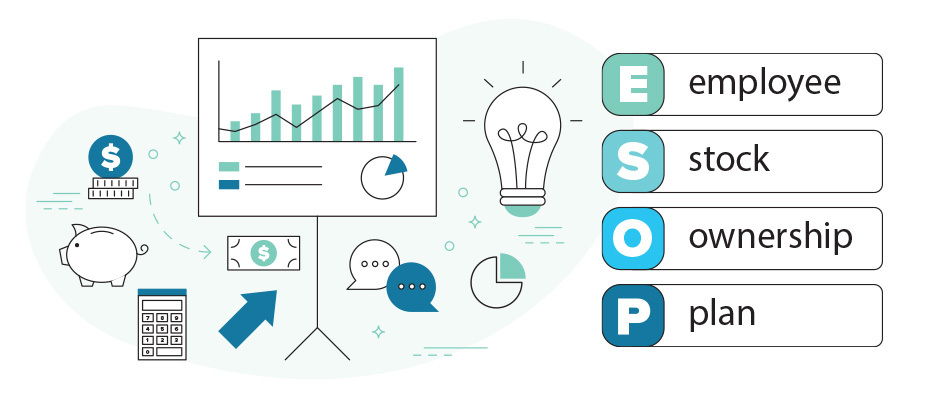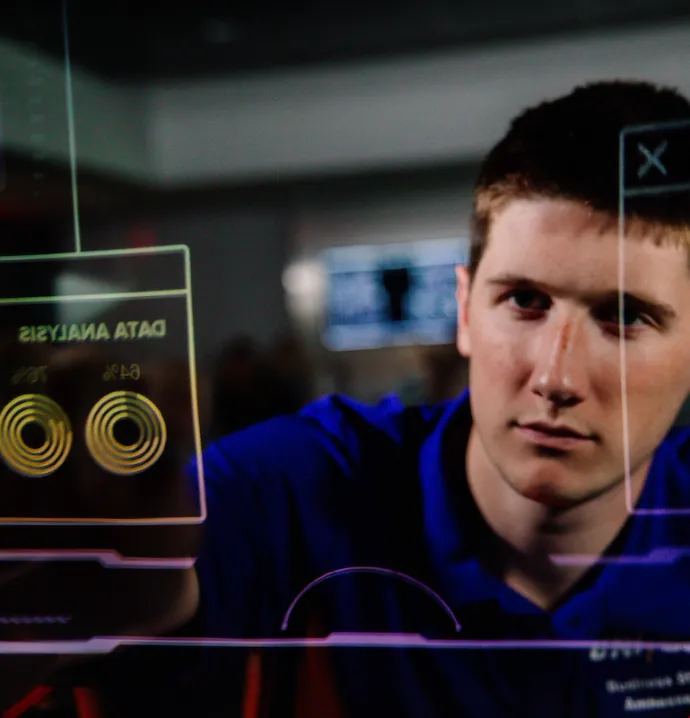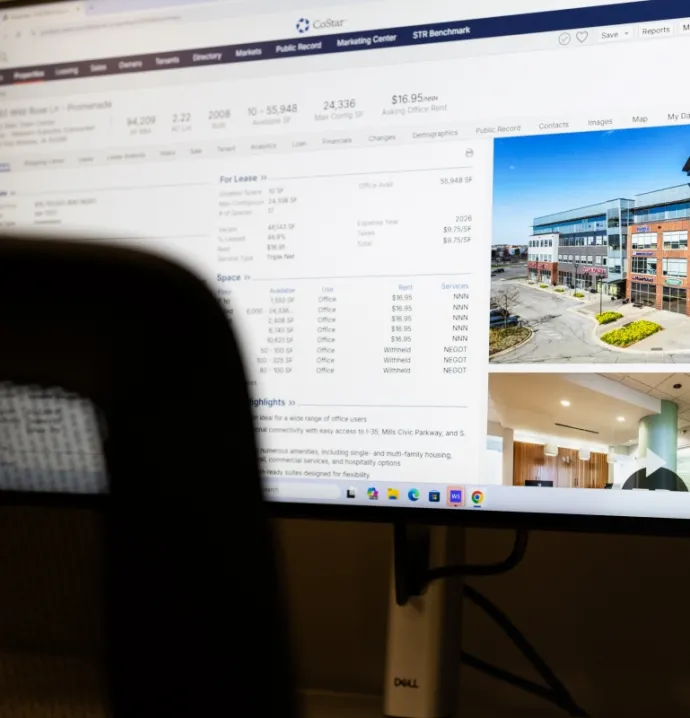ESOPS provide a business boost for owners and employees
ESOPS provide a business boost for owners and employees

How can businesses better engage and retain employees? How can they boost productivity while providing fulfilling job experiences? These are age-old questions leaders face, and one unique solution some have turned to is giving employees a direct stake in the company through Employee Stock Ownership Plans, or ESOPs.
ESOPs allow employees to directly buy a stake in the company. There are more than 7,000 ESOPs in the United States, representing more than 14 million employees and more than $1.4 trillion in assets, according to a 2019 survey from Deloitte.
Some of the benefits of ESOP structures include increased productivity, salaries and job security. According to the National Center for Employee Ownership, employee owners are four times less likely to be laid off during economic downturns. They also earn 5%-12% more than conventional companies. Other benefits are less obvious, like a sharp rise in company growth. Deloitte reported a 25% greater job increase over a 10-year period compared to similar companies.
“There are plenty of intangible effects, like a feeling of job security or belonging, feeling more affiliated with the company,” said Russell Guay, associate professor of management. “Employees feel like an actual piece of the company, not just a number. From a motivation standpoint, it’s certainly easier to motivate people and easier to reward them through ownership. If I perform better, then the company performs better.”
Stellar Industries, a Garner-based work truck, trailer and accessory manufacturer, recently made the full transition to an ESOP after gradually moving that way for more than two decades. Dave Zrostlik (Marketing ‘80), whose father helped start the company and is now the president, said the transition “was not a simple process.” There were significant costs to work with a knowledgeable consulting team and buy out past investors. But in the end, it was a process worth doing, he said.
In 2000, when part of the company was first opened to employee purchase, Stellar Industries shares were worth about $1. Today, those shares are worth more than $80. Zrostlik estimates about 50 people own more than a million dollars in company stock – life-changing wealth. He hopes that number continues to grow among the company’s more than 700 employees as new and prospective team members learn about the plan.
“It’s really what motivates me and so many others to keep coming to work every day and keep growing the company,” Zrostlik said. “We can benefit our employees that are loyal to the company for years while also benefiting our rural Iowa communities. We have many people who grew up here in north Iowa working for us, and they’re hopefully going to be set for retirement because of the wealth the company has provided for them.”
Mike Schreurs (Marketing ‘69) had a similar positive experience with Strategic America, a Des Moines-based marketing company. About four years ago, the company started to move toward an ESOP because Schreurs, the company chairman, and his brother were approached by another company about acquisition. They realized they didn’t want to feed into a larger organization. They wanted to retain the culture they worked to build and provide a unique opportunity for employees while also having an exit strategy to retire themselves.
The transition is still a work in process, and Schreurs mentioned it has been costly, particularly for a small business with around 135 employees. Schreurs said some younger employees are still learning about the benefits of ESOPs, but he has noticed many taking more care of their work and expenses. “That’s a value we are seeing more and more, that they have a personal stake,” he said.
When first researching ESOPs, Schreurs reached out to a company in an adjacent space that operated an ESOP of their own. The company shared they helped make 142 employees millionaires over 25 years. That’s Schreurs long-term hope for Strategic America.
“We’ve got great benefits and competitive salaries, and yet to come into consideration is the value of this stock, and we expect it to grow,” Schreurs said. “Our hope is that in the next 20 years or so, employees are going to be glad they bought in.”
Schreurs added. “Companies want to survive and thrive whatever the season is, and they want to be part of something bigger to gain long-term significance. I think an ESOP is clearly one of the best ways to do that.”




